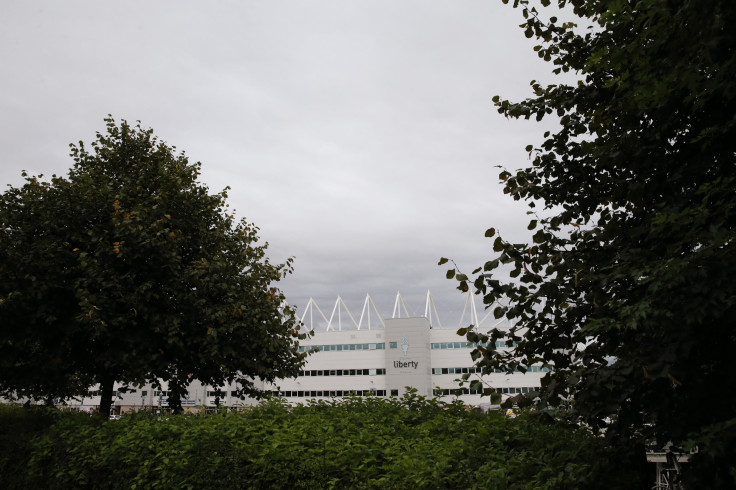How To Stop Global Warming: Planting Trees To End Climate Change In Manchester, English City Says

Fans of Charles Dickens may never be able to shake the image of smog erupting from coal factory chimneys out of their heads whenever they hear about Manchester, England. But Manchester, which was the epicenter of the Industrial Revolution at the beginning of the nineteenth center, has launched an ambitious environmental campaign to plant 3 million trees across the city in an effort to improve its air quality and combat global warming.
In addition to the environmental benefits of planting 3 million trees, which would numerically represent all of the city’s residents, city officials were looking for the move to reduce stress among citizens while also enhancing the amount of time people spend in shopping areas.
Authorities behind the movement ‘City of Trees,’ who were working alongside environmental researchers at the University of Manchester, said the plantings could reduce the impact of flooding in dense urban areas and clean up the harmful discharge from storm water, according to local reports Monday.
The objective was “to plant three million trees, i.e. a tree for every man woman and child, over the next 25 years… : There has been some really good work done showing that people actually spend more in retail areas and linger longer in retail areas where there are trees," Tony Hothersall, the director of ‘City of Trees,’ told BBC News.
The trees would be planted throughout the downtown areas of Manchester in private gardens and parks, Hothersall added. The project has been working with individual landowners in the city’s rural suburbs in order to plant trees there as well to create woodlands, which would lead to greater biodiversity. Increasing biodiversity has tremendous effects on the human population as having more creatures like bees directly result in the pollination and subsequent existence of fruits, flowers and vegetables.
A project aims to plant 3 million trees in greater Manchester - an amazing effort to make cities more sustainable https://t.co/IGL7bslvLX pic.twitter.com/qbxX1lgGWK
— Population Matters (@PopnMatters) January 22, 2017
“In terms of health... woodlands can do great things in terms of air pollution reduction... [and] can help to screen for noise pollution. They can also help cities and towns become more resilient to climate change both in terms of things like reducing the urban heat island effect and also reducing things like risk from surface water flooding," Hothersall told BBC News.
The planting of new trees may fall short in its efforts to combat the levels of carbon dioxide being emitted into the atmosphere every year, which are attributed to the rise in global temperatures. A 2004 study from the Intergovernmental Panel on Climate Change found that planting new trees new trees only resulted in between 1.1-1.76 Gigatons of carbon monoxide being removed from the atmosphere. Conversely, the total amount of carbon monoxide produced globally was 50 gigatons in 2004, according to an Infortmationisbeautiful.net report.
French researchers released a report in Science Magazine AAAS in February of 2016 saying planting trees with leafs of darker colors like conifers, spruces or pines conversely led to warmer temperatures in Europe as they attract and trap the sun's heat. Kim Naudts, the study's lead author, said the biological traits that allow conifers to conserve water contribute to less evaporation being emitted from the tree, creating drier air and higher temperatures.
Great Britain was ranked number 12 out of the 178 countries in the Yale University’s Environmental Performance Index from 2016, which ranks countries based on their performances on environmental issues regarding protecting the health of humans and ecosystems.
© Copyright IBTimes 2024. All rights reserved.






















